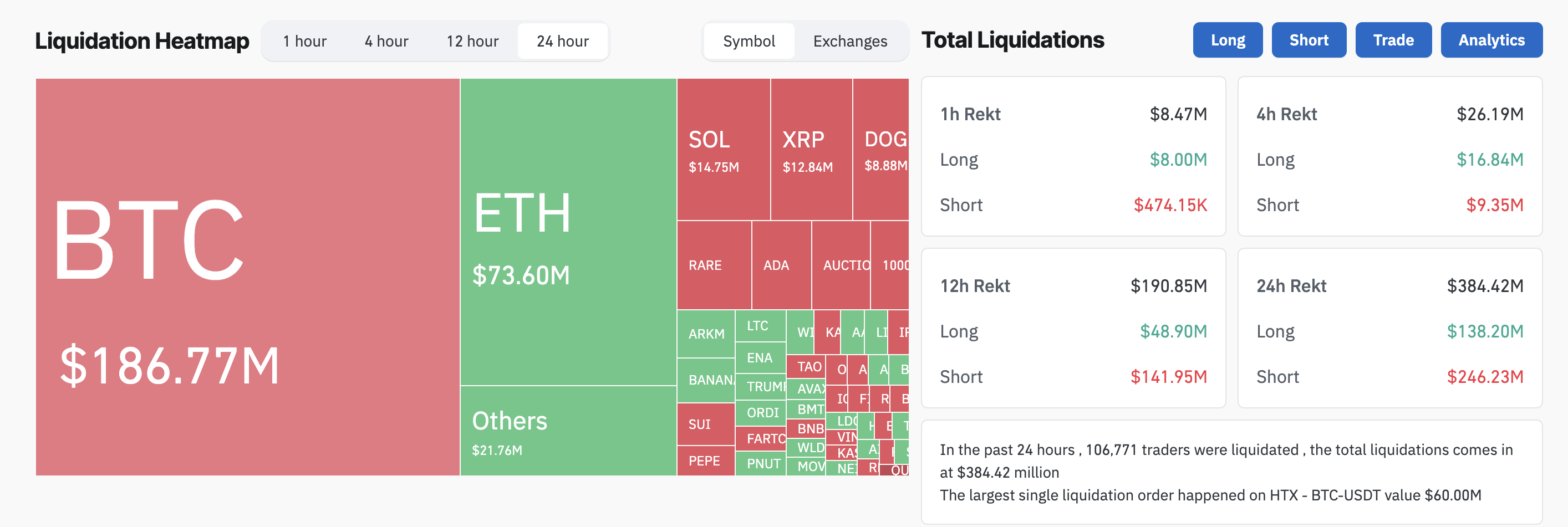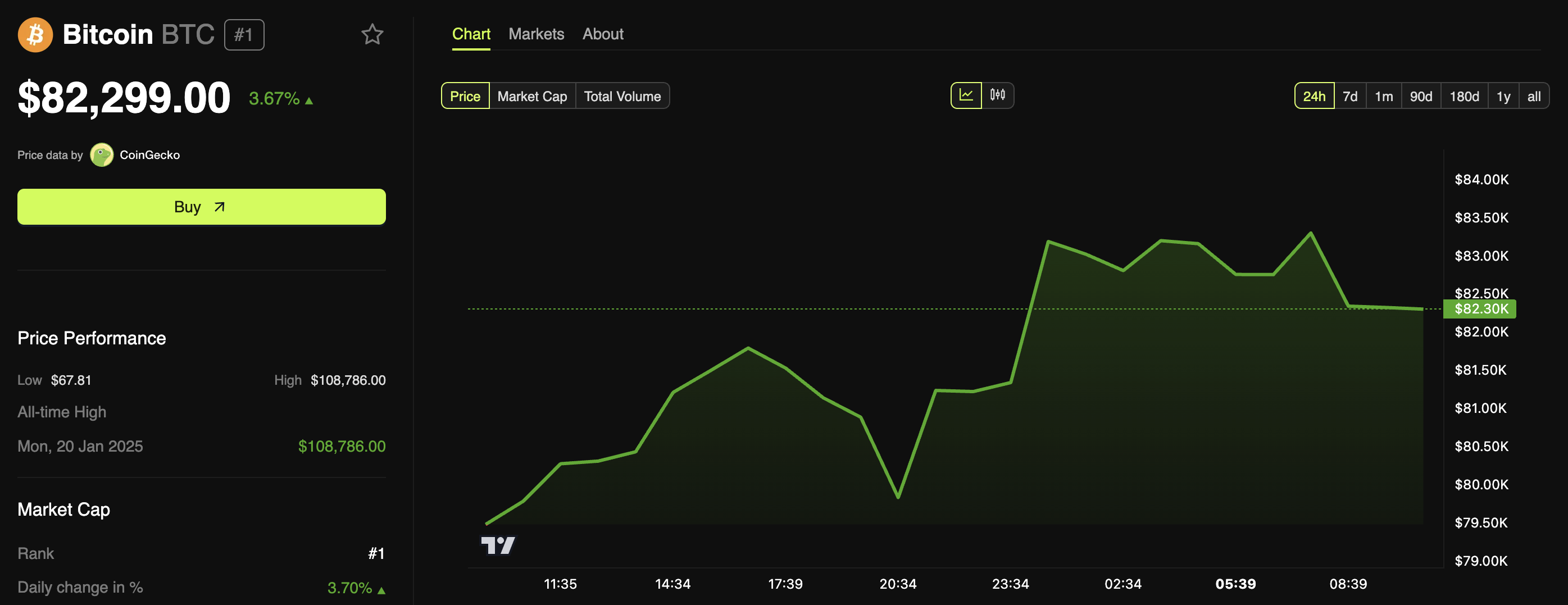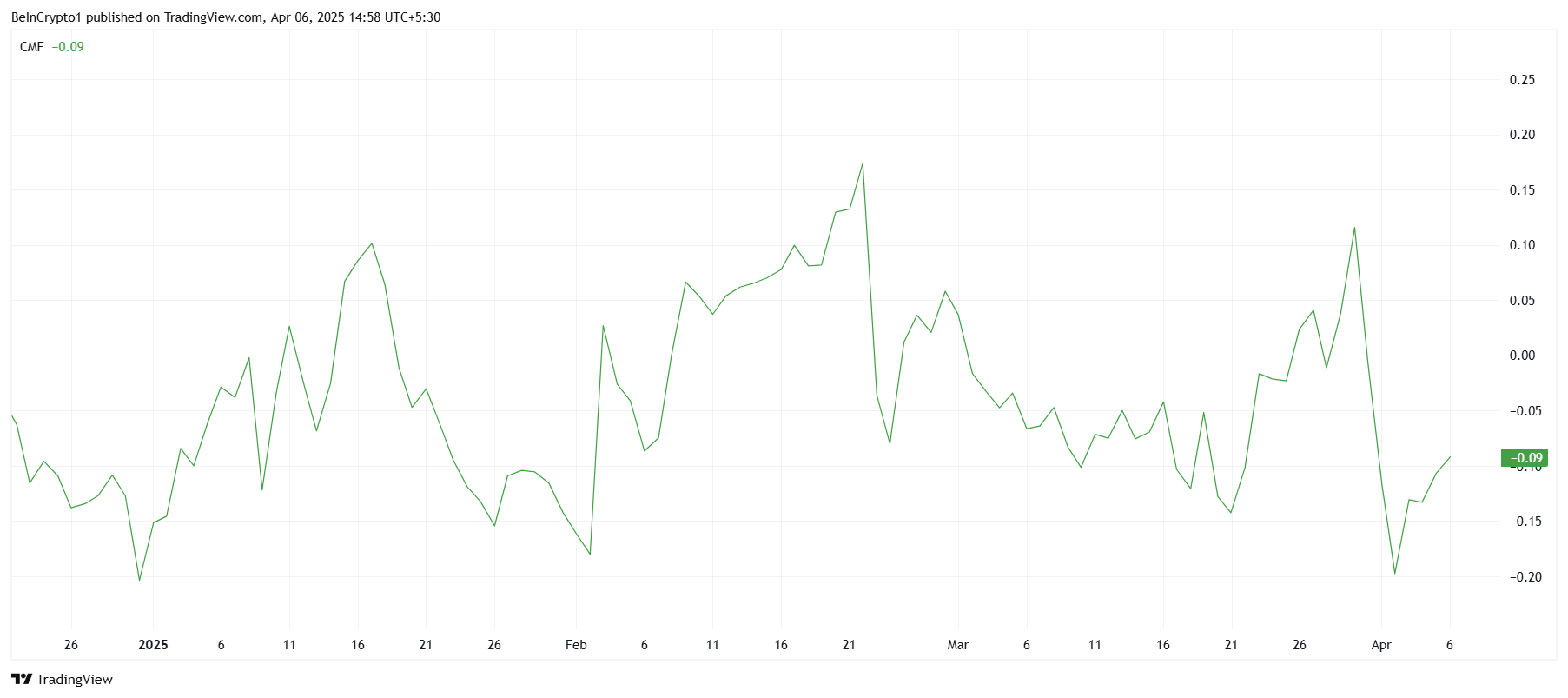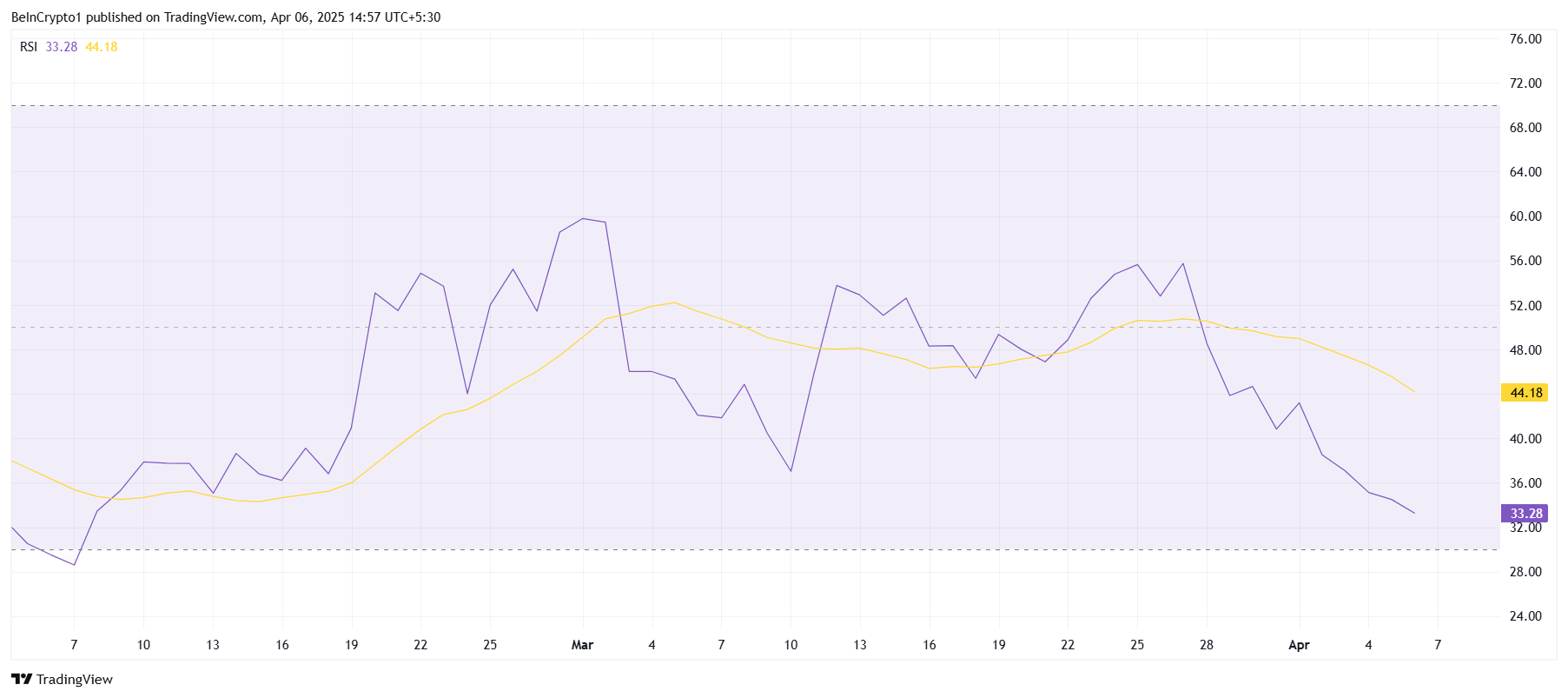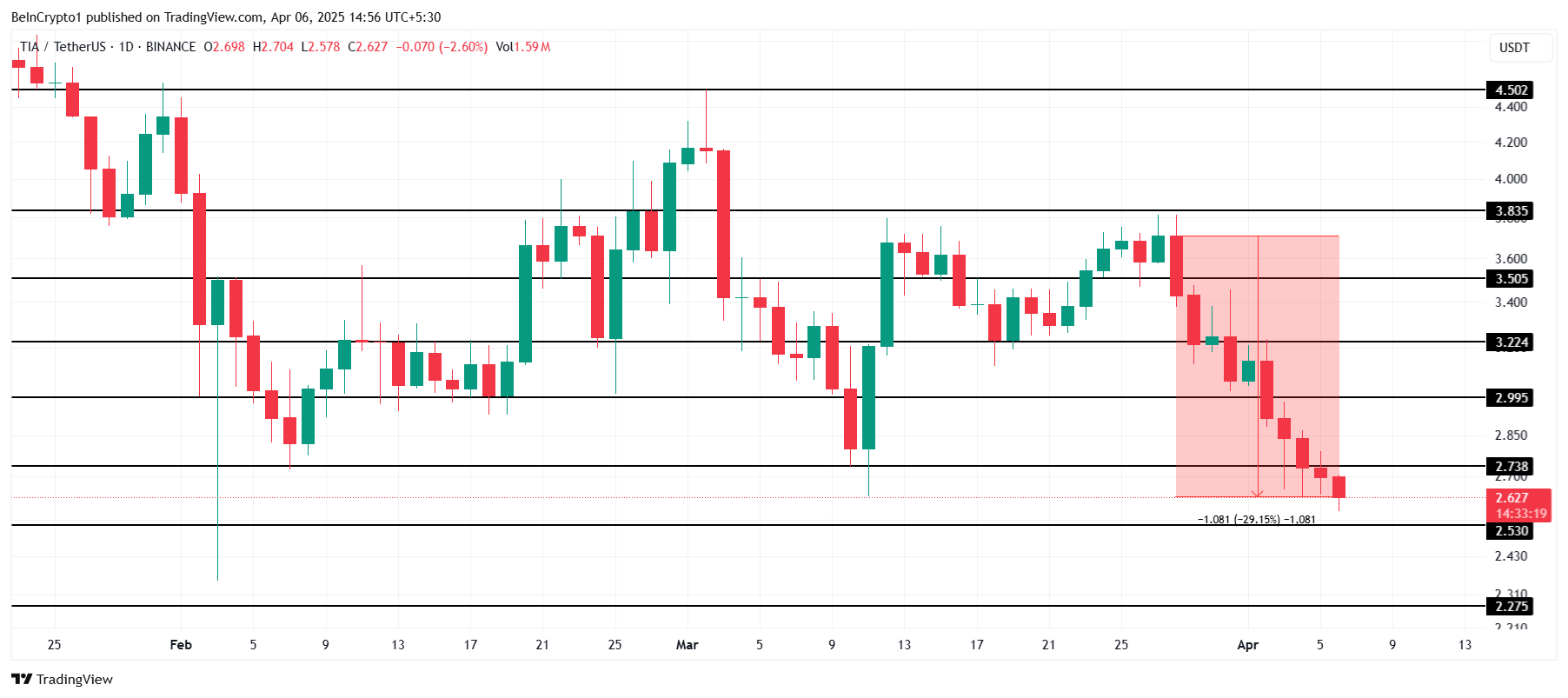As technology continues to evolve and users seek more immersive entertainment experiences, the GameFi market is seeing exponential growth and is expected to attract a wave of investors and players in the coming years. Amidst this momentum, Puffverse has emerged as a dazzling new force in the GameFi space, thanks to its innovative 3D virtual world concept and strong backing.
Puffverse is more than just a gaming platform. It’s an ambitious bridge aiming to seamlessly connect the Web3 virtual world with the Web2 real world, offering users a Disney-like 3D metaverse filled with endless possibilities.
The development team behind Puffverse is composed of top-tier talent from industry giants such as Alibaba and former Xiaomi teams, with deep technical expertise and rich experience. The project has also earned the support of leading investment institutions including Animoca, Foresight Ventures, Spartan, and HashKey, laying a solid foundation for Puffverse’s steady growth and positioning it as a standout in the GameFi track.
Now launching on Gate.io Launchpad, Puffverse offers participants a valuable opportunity to get early exposure and potentially benefit from its future growth. This article provides a comprehensive analysis of Puffverse’s project highlights, core team, tokenomics, and investment potential—unveiling the mystery behind this promising project.
Puffverse: The Latest Launch on Gate.io Launchpad
Crafted by the software team formerly behind Xiaomi Games, Puffverse is a GameFi project centered around a 3D virtual world. Unlike traditional single-character systems, Puffverse emphasizes the question “Who am I?” by offering a range of characters for players to choose from.
Project Overview
- Project Name: Puffverse
- Official Website
- Sector: GameFi
- TGE (Token Generation Event): Expected in May 2025
Summary: Puffverse is a 3D metaverse fantasy world reminiscent of Disney. It aims to bridge the virtual world of Web3 with the real world of Web2, offering more than just party games or a cloud gaming platform.
In-Depth Tokenomics
Puffverse’s native token, PFVS, is the core of its entire ecosystem. Below is the key information about the token:
- Token Name (EN): Puffverse
- Token Name (CN): N/A
- Token Symbol: PFVS
- Total Supply: 1 billion
- Token Type: Ronin
- Contract Address: 0xb4562fdefd5ed58f7705ce9386d54ee9b53831d1
Token Allocation & Unlocking Rules
- Strategic Round: 10% — 5% unlocked at TGE, 6-month cliff, quarterly unlocks over 24 months
- Private Round: 10% — 10% unlocked at TGE, 6-month cliff, quarterly unlocks over 18 months
- Advisors: 5.5% — 12-month cliff, monthly unlocks over 24 months
- Marketing: 13.5% — 20% unlocked at TGE, monthly unlocks over 6/12/18 months
- Community IGO: 1% — 100% unlocked at TGE
- Liquidity Reserve: 8% — 50% unlocked at TGE, linear unlock over 12 months
- Play-to-Earn: 18% — unlocked over 36 months
- Liquidity Mining: 6% — unlocked over 36 months
- Ecosystem Growth: 16% — 6-month cliff, monthly unlocks over 24 months
- Team: 12% — 12-month cliff, monthly unlocks over 24 months
Subscribe Puffverse and Enjoy the Rewarding Benefits of Gate.io Launchpad Debut
As the very first Gate.io Launchpad project, Puffverse (PFVS), is about to launch its commitment round. Users can commit USDT to receive PFVS tokens. Details are as follows:
Subscription Basic Information
- Project Name: Puffverse
- Token Symbol: PFVS
- Commitment Price: 1 PFVS = 0.07 USDT
- Total Committed Tokens: 10,000,000 PFVS
- Commitment Method: USDT commitment
- Maximum Token Limit Per User Can Earn: 10,000 PFVS
- Commitment Time: From May 13, 2025, 03:00 to May 16, 2025, 12:00 (UTC)
- Distribution Time: Will be distributed on TGE date.
- Spot Trading Time: Before the end of May
- Unlock Method: 100% Unlock
Subscription Rules
- 1.Eligibility:
Users must complete identity verification and meet the minimum investment requirements to participate.
- 2.Subscription Method:
Users can subscribe using USDT, with a minimum subscription of 1 USDT.
- 3.Amount to be Obtained:
The system will fairly distribute tokens based on the proportion of each user’s investment amount.
Amount of tokens obtained = (Personal investment amount / Total investment amount of all users) * Total subscription amount
- 4.Token Distribution:
Tokens invested during the subscription will be locked and cannot be withdrawn during the subscription period. After the subscription ends, the system will deduct the actual obtained project tokens from the user’s invested funds and refund the remaining funds. If the actual amount of tokens obtained is less than the investment amount, the remaining investment funds will be unlocked after distribution and automatically refunded to the user’s spot account.
If the actual amount of tokens obtained is less than 0.00000001 tokens, the tokens will not be distributed, and the user’s investment funds will be fully refunded.
Participation Process
Web: Log in to your Gate.io account and complete identity verification → Click “Launch” and select “Launchpad” → Choose the project you want to participate in and click “Commit Now” → Enter the commitment amount and confirm.
APP: Please upgrade to version 6.58.5 or above, log in to your Gate.io account, and complete identity verification → Tap “Earn” and select “Launchpad” → Choose the project you want to participate in and tap “Commit Now” → Enter the commitment amount and confirm.
Core Strengths: Dual Engines of Team and Technology
Team Overview
The Puffverse team is composed of elite professionals from renowned tech companies such as Alibaba and Xiaomi. With solid technical capabilities and extensive industry experience in game development and operations, the team provides robust support for Puffverse’s ongoing innovation and development. Their keen industry insights enable the project to stand out in a competitive market.
Technical Infrastructure
Puffverse is built on advanced blockchain and 3D virtual reality technologies. Its smart contract architecture and decentralized governance system offer users an immersive virtual experience. The project also utilizes state-of-the-art game engines and optimization techniques to ensure smooth gameplay within the metaverse.
Strong Backing: Investors and Strategic Insight
Top-Tier Investment Network
Puffverse boasts an impressive roster of investors, including Animoca, Arcane, Foresight Ventures, Spartan, HashKey, and Sky Mavis. These institutions not only provide financial support but also bring strategic resources and industry expertise, accelerating Puffverse’s rise in the GameFi space.
Investment Value
Puffverse’s investment potential lies in its unique 3D virtual world design and the strength of its technical team. With an innovative tokenomics model and a sustainable governance mechanism, Puffverse effectively motivates community participation and development, making it a project with long-term growth potential in the GameFi industry.
Innovative Design: Dual-Income of Tokenomics Model and Governance Framework
Unique Economic Model
At the heart of Puffverse is the PFVS token, designed to drive ecosystem operations. Beyond serving as a transactional medium and incentive tool, PFVS plays a vital role in ecosystem expansion and governance. Its well-balanced distribution and unlock model support long-term ecosystem sustainability and user engagement.
At the same time, PuffGo does not overlook the Web2 market. The game allows both web2 and web3 players to participate freely and blend in seamlessly. Web2 players can enjoy the game through traditional in-app purchases, filling a market gap in mobile party games. While web3 players can join the league and utilize their NFTs and tokens to engage in skill-to-earn model, enabling gameplay while generating earnings.
Efficient Governance System
Puffverse features a decentralized governance framework powered by smart contracts and community voting. This ensures transparency and efficiency in decision-making, fostering greater user trust and participation.
Conclusion: Puffverse’s Potential and Opportunity
Puffverse has already made a notable impact in the fusion of GameFi and the 3D metaverse, backed by a top-tier team, strong investors, and a forward-thinking token economy. As the TGE approaches in May 2025, the project is set to enter an exciting new phase, bringing users an immersive experience unlike any other.
Gate.io Launchpad offers Puffverse a global stage, inviting users to engage with this innovative project early. For those focused on GameFi and metaverse development, Puffverse is undoubtedly a project worth watching. Seize this opportunity and join Puffverse in opening a new chapter in 3D metaverse gaming, where imagination meets the future of digital entertainment.
Disclaimer: The content herein does not constitute any offer, solicitation, or recommendation. You should always seek independent professional advice before making any investment decisions. Please be noted that Gate.io may restrict or prohibit the use of all or a portion of the Services from Restricted Locations. For more information, please read the User Agreement.
The post Puffverse Launches on Gate.io Launchpad: Unlocking Infinite Possibilities in the GameFi 3D Metaverse appeared first on BeInCrypto.



